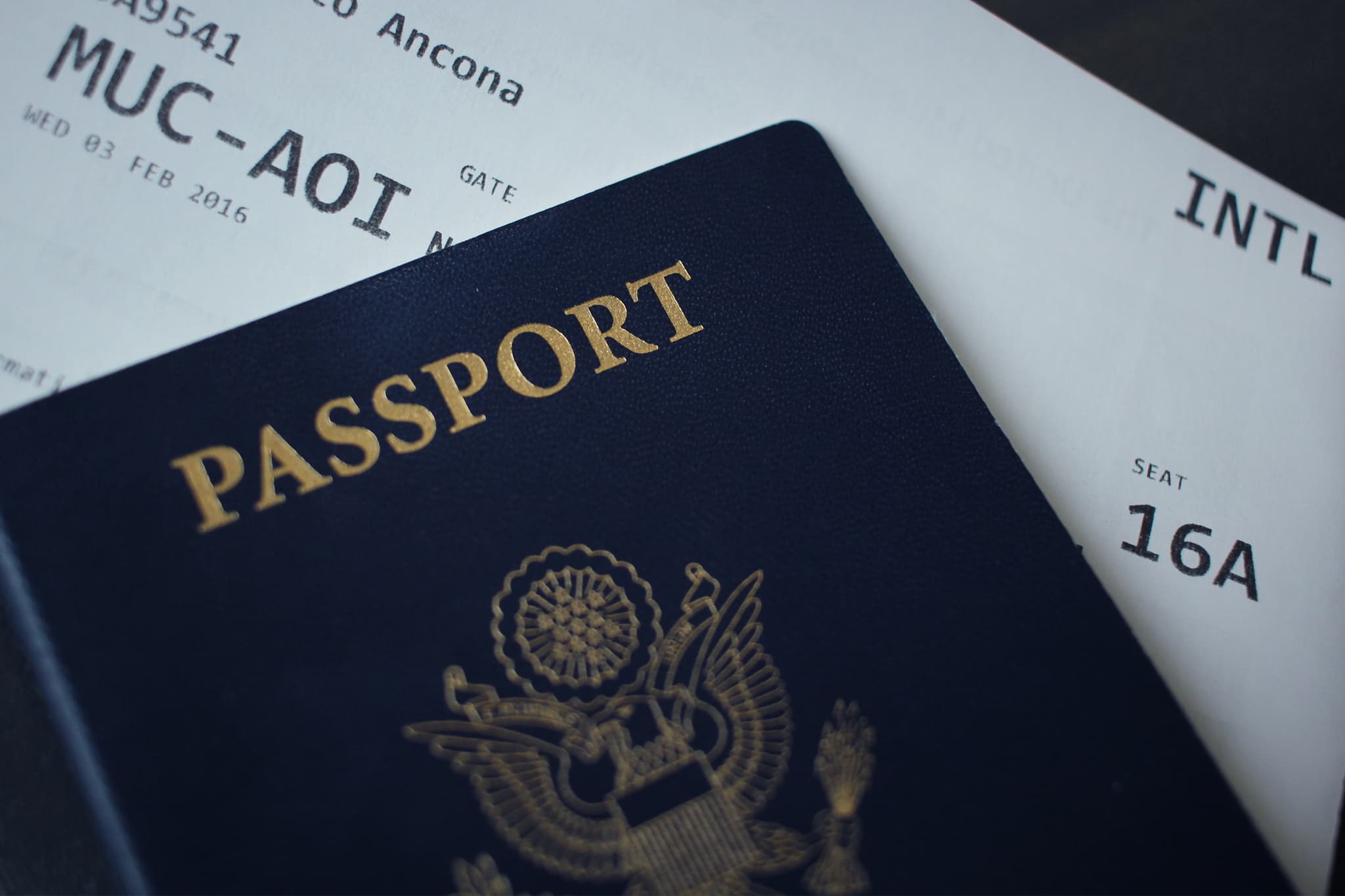
Denial of Pending Advance Parole Applications
Reversing a long standing policy, the USCIS now denies advance parole applications when a green card applicant travels outside of the US while their advance parole application is pending. Prior to the reversal, the USCIS did not deny pending advance parole applications when an applicant traveled during its pendency.
In many scenarios the new policy of denial when travel occurs during pendency is a moot point, as the green card applicant will be in a status that does not tolerate dual intent, such as the F-1, E-3, or O-1 visa statuses, for example, or they’re out of status, thereby making it impossible for the applicant to leave the US while their green card application is pending until their advance parole application is approved.
However, there are a few statuses (H-1B visa, L-1 visa or V visa) that tolerate dual intent and therefore do allow for international travel while a green card application is pending, even prior to advance parole approval.
Individuals who apply for green cards in the US via the adjustment of status process and hold a dual intent status (H-1B, L-1 or V) are permitted to travel freely throughout the process, even prior to the approval of advance parole, as long as they’re maintaining their underlying visa status (H-1B, L-1 or V) and they have the associated visa stamp to return to the US.
In this scenario, if these individuals leave the US after the submission of their green card application, and associated advance parole application, and their advance parole application is still pending at the time of their departure, their advance parole application will be denied. This isn’t a huge issue if the individual plans on maintaining their underlying visa status throughout the entire green card process, but if they do not plan on maintaining their underlying visa status throughout the process and they have a need for subsequent international travel then it will obviously be an issue.
It should be noted that the denial of advance parole has no impact on the work authorization request. Work authorization and advance parole are approved concurrently when there isn’t an abandonment of advance parole, and it generally occurs approximately 5-6 months from the date the green card application is filed.
When approved, the applicant receives a “combo” card that is valid for both work and travel.
If advance parole is abandoned and thereby denied, work authorization can still be approved, but the card that arrives will only be for work authorization and not also advance parole.
Another scenario that has led to abandonment is a situation where the individual has the “combo” card for work authorization and advance parole and because their green card application has been pending for so long, usually 8-10+ months, they apply to renew their work authorization and advance parole (work authorization and advance parole is valid for a year and is renewable during the pendency of a green card application).
Like the situation where an H-1B, L-1 or V visa status person travels during the pendency of an advance parole application, a person who travels with advance parole while another advance parole application is pending, will abandon that pending advance parole application. Again, not a huge deal if the individual doesn’t have travel needs beyond the expiration of their current advance parole.
It should be noted that if an advance parole application is denied because of abandonment, the applicant can immediately reapply, though the processing time could still take many months to be approved. With immigration processing times taking longer and longer, especially as they relate to green card cases, such as green card through marriage and green card through employment, it is important to understand the nuances of different benefits and the limitations that are placed on applicants.
It is also important to understand that the immigration landscape is always changing and evolving, oftentimes in an unpredictable manner.